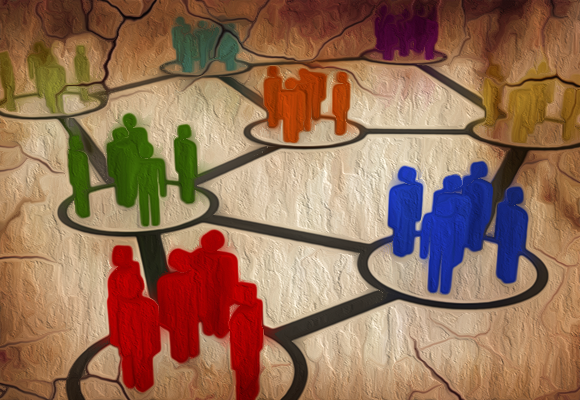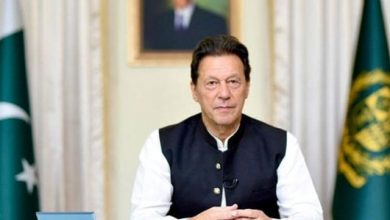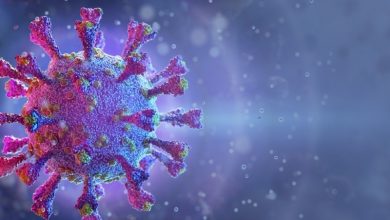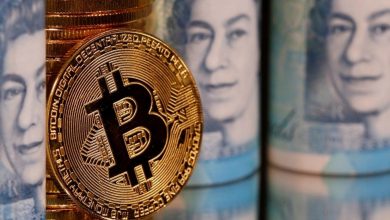SECTARANISM IN PAKISTAN

SECTARANISM IN PAKISTAN
Islam is the religion of peace, it promotes
brotherhood, teaches tolerance & prohibits
prejudice Lack of tolerance & the sectarian
divide are a misfortune for a society It is
against the teachings of our beloved
religion
Pakistan was created on the basis of
religion and no doubt religion played an
important role in the unity of the Muslims in
the Sub-continent At the very beginning of
the creation of a new counrty, many factors
gave hard time to Pakistan Some of them
were; Regional realities, racial and linguistic
problems Pakistan got independence in
1947 but the tragedy is that the citizens of
Pakistan have not become a nation yet
Sectarianism is an issue that is badly
damaging the society It becomes a threat
to the stability of Pakistan Its negative
effects are damaging the society on many
fronts such as psychologically, politically,
socially & economically The word
Sectarianism is derived from sect, which
means affiliation to any particular sect The
Sectarian Conflict is defined as the conflict
between any two particular sects of the
same religion In Islam (The dominant
religion of Pakistan) the conflict between
Shia and Sunni The sectarian strife is not
only in the Muslims but it can be found in
Christianity (Protestants and Catholics),
Buddhism and the Hinduism
At the early years it wasn’t a big issue but in
the last few decades it has created an
insecure environment in Pakistan Due to
the increase in the sectarian conflicts the
society has witnessed an immense
increase in death tolls by bomb blast,
suicide attacks and assassination
The Pakistan population mostly comprise
of the Sunni, whereas Shia population is
only 20% of total population of the country
Both the sects lived peacefully and they had
friendly environment till the changes in the
internal politics in the early 1980s When
the parliament in the Bhutto’s era declared
Ahmadi’s as Non-Muslims, and the anti-
Ahmadi”s movement was one of the most
important movement in the issue of
sectarianism
According to the Human Rights Watch, in
2011 and 2012, Pakistan minority groups
Shia, Ahmadi, and Christians faced
unprecedented insecurity and persecution
in the country Attacks on Sunni Sufi
shrines by ” militants” have also been
reported Under the rule of Muhammad
Zia-ul-Haq, sectarianism in Pakistan,
especially in Karachi and South Punjab,
became quite violent as the process of
Islamization began in the Pakistani judicial
system
The Pakistani country is divided into many
cultures, tribes and language groups We
have over 200 language groups, above 20
ethnicities and 7 major cultures (Punjabi,
Sindhi, Balochi, Pakhtoon , Kashmiri, Hazara
and Seraiki) All the people in these groups
are in conflict on this basis with each other
Economic downfall the society is very
unstable and its economic condition is
extremely disturbed due to sectarian
conflicts
The Militancy in Pakistan became more
prominent with the external factors The
lranian Islamic revolution mobilized Shia
militancy and increased the influence of the
Shia in the conflict The Shia institutions
which were located in Peshawar, Khurram
Agency, and Hangue district got assistance
from Iran Through which they became
strong in those areas which were under
their influence Islam was divided by
sectarianism through Iranian Shia and Arab
Sunni also known as Saudi Arabia
The Fight between Saudi Sunni and Iran
Shia left Pakistan in great trouble, due to
which this issue has been affecting
Pakistan The Role of the religious groups
has also played its role in the conflict As
the sectarian issue is attached to its
religious groups, it has created very narrow-
minded picture for one other Both the sect
has created intolerance for each other,
which creates insecurity in the society
The issue of the sectarian conflict has been
rising day by day The state of Pakistan
must also take strong measures for its
progress & prosperity The state must
ensure that each of its inhabitants is given
equal rights and responsibilities
Author: Syed Muhammad Arij Haider Rizvi









